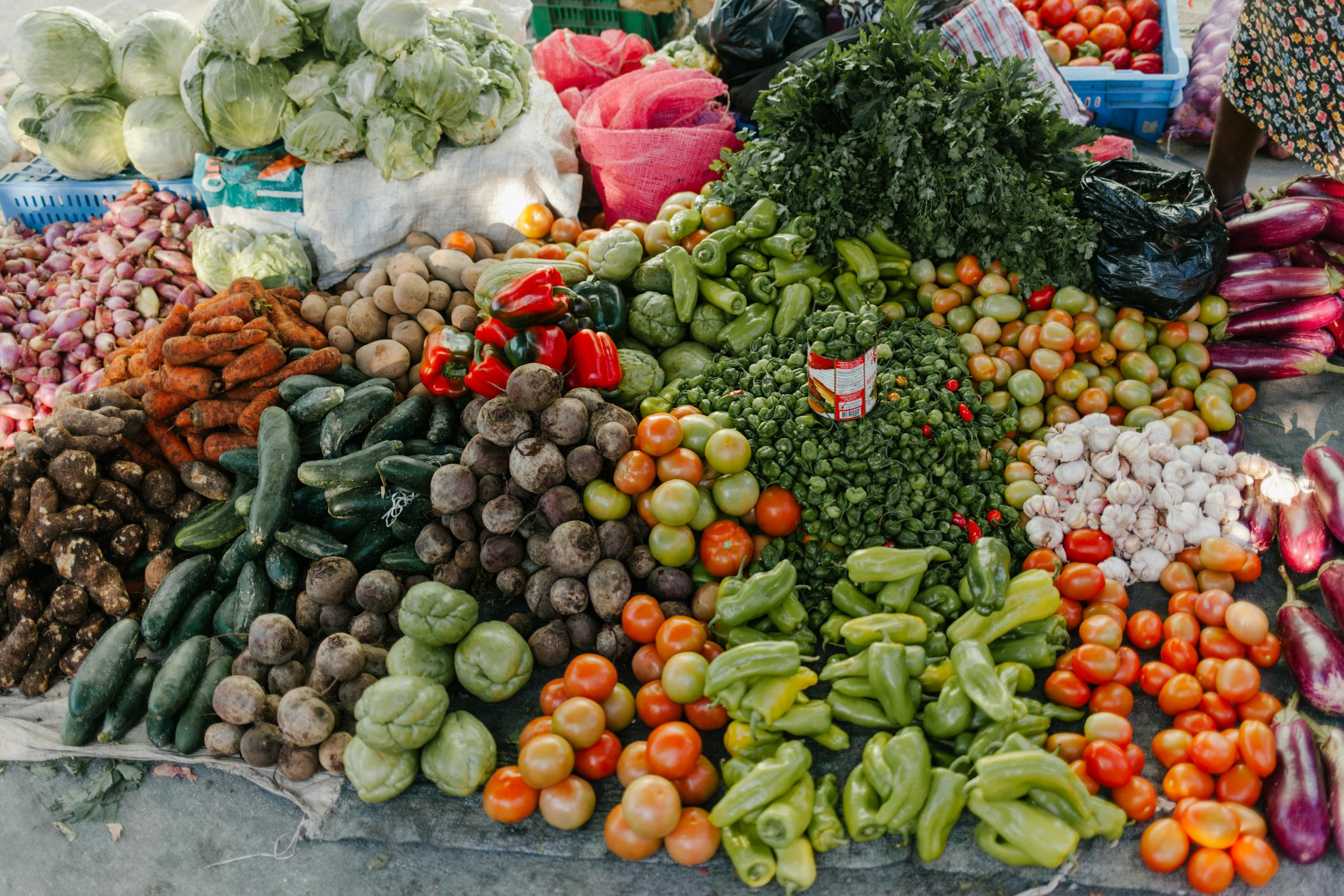We know that dairy products are a classic source of calcium, but there are times when we reduce their consumption a little because we are lactose intolerant or because we simply decide not to do it out of conviction. Even if, even though you eat dairy, you feel like you need to include more calcium in your diet , we have exciting options for you! There are non-dairy foods with calcium (and plenty of them) such as sardines, almonds, tofu, broccoli, dried figs and many other delicacies that are fantastic alternatives to include in your daily diet. There are tons of delicious and healthy options!
According to a study carried out by the Department of Physiology of the University of Granada, calcium is one of those fundamental minerals that we must incorporate into our diet. It not only keeps our bones strong but also plays a vital role in several important functions of our body. Think about the formation and maintenance of bones and teeth, the functioning of our muscles and regulating the rhythm of our heart, all thanks to calcium!
Therefore, it is essential to make sure we get enough calcium in our diet . Otherwise, we could face risks such as osteoporosis, bone fractures, bone discomfort and even dental problems, such as the dreaded cavities. So don’t underestimate the power of calcium in your life.
The reason why it is (well, well) important to include plenty of calcium in your diet
Calcium is an essential mineral that plays a fundamental role in various biological processes in the human body. Here we summarize why it is so important:
- Strong bones and teeth: Calcium is an essential component for the formation and maintenance of bones and teeth. Helps keep them solid and healthy.
- Muscle and nerve function: Calcium is necessary for muscles to contract and for the transmission of nerve signals in the body, including heart rate.
- Blood Coagulation: Plays a crucial role in blood clotting, which is vital in stopping bleeding after an injury.
- Heart rate regulation: Calcium is essential for maintaining an adequate heart rate and can help prevent hypertension.
- Osteoporosis prevention: Helps prevent osteoporosis, a disease that weakens bones and increases the risk of fractures, by improving bone density.
- Weight control: It can contribute to weight control by reducing the absorption of fat in the body.
Making sure you get enough calcium through your diet is essential, and you can find it in foods like dairy, leafy green vegetables, and calcium-fortified foods. In case of insufficient intake, calcium supplements may be necessary to maintain an adequate amount in your body.
To ensure optimal calcium intake, it is recommended to take 2 to 4 servings of dairy products per day (one serving: a glass of milk; two yogurts; 50 g of cheese), depending on age and physiological situation. But what happens if you can’t eat dairy?
Seven foods that contain (a lot) calcium
Although milk and other dairy products, such as yogurt, are a common source of calcium, there are also products beyond dairy that are a great source of calcium that we can easily include in our diet. It is very important to incorporate calcium into our diet, but there are people who cannot consume dairy products (since they are vegan or lactose intolerant). This doesn’t have to be a problem, there are many non-dairy foods that have a large amount of calcium and including them in your daily menu is extremely simple.
Some are:
- Sardines: One can of sardines provides approximately 325 mg of calcium and can easily be added to salads or sandwiches. You can even try thisvery quick recipe for Mexican sardines.
- Chia seeds: Chia is considered a superfood since its consumption provides numerous benefits to our body. It is considered that its calcium content is five times higher than that of milk.
- Tofu: One cup of tofu contains about 434 mg of calcium. You can use it in main dishes, side dishes or even desserts.
- Almonds: 28 grams of almonds contain about 75 mg of calcium. They are ideal to add to fruits, yogurt or salads.
- Green leafy vegetables: Vegetables such as kale, spinach and watercress are rich in calcium. Combine them in salads or stir-fries.
- Broccoli: One cup of cooked broccoli has approximately 62 mg of calcium. You can steam it, in salads or as a gratin.
- Dried figs: They are a source of calcium and other essential nutrients such as iron and fiber. You can enjoy them as a snack or mix them with other nuts.
- Vegetables: White beans and chickpeas are good sources of calcium. You can prepare delicious dishes such as bowls of Beans with chorizo o lentil soups.
- Oranges: In addition to being a very healthy source of calcium, oranges will help you take care of your immune system. Along with them, other fruits that are also rich in calcium are kiwi, raspberries or strawberries.
Incorporating these foods into your diet will help you get the calcium you need without depending exclusively on dairy products.



